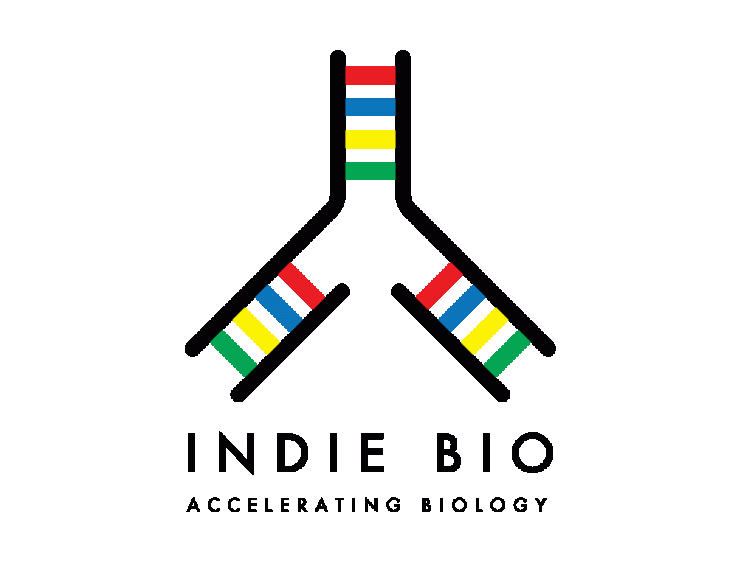San Francisco-based biotech accelerator IndieBio has pledged to raise the funding per startup accepted into its program from $50,000 to $250,000 going forward. Each startup will now get $200,000 in cash plus $50,000 worth of co-op lab space to work with in order to give each startup a longer runway.
That’s not just a significant raise from IndieBio, but one that topples Y Combinator’s $120,000 offering as well. YC started investing in the biotech space last year and YC president Sam Altman told TechCrunch in a previous story that he plans to add more startups in this space in the future.
The funding will help give biotech startups in the accelerator at least a year of runway, and avoid what is known as the “biotech valley of death,” or the early-stage funding gap that halts progress for many young life sciences startups, thus causing them to die, according to IndieBio program director Ryan Bethencourt .
“We are seeing that a well-stocked physical lab for startups isn’t enough to take them from prototype to commercial viability. It takes more money and time, particularly in the Bay Area, to create a product,” Bethencourt said.
Like the accelerator, this new funding level is experimental. IndieBio initially offered $35,000, then $50,000 plus lab space in this last batch. IndieBio founder Arvind Gupta said he may also tweak this new offering in the future. “If it is too much money we will pare it back. We are learning and will evolve the model to find the optimal balance of funding and risk tolerance for radical ideas” Gupta said.
IndieBio’s capital, facilities and deep mentoring by a network of biotech specific experts have the potential to spawn the Google, Facebook and Instagram’s of biology. Ryan Bethencourt, IndieBio
Corporate venture capitalists poured in more than $2 billion into biotech funding in just the last three months of 2014, according to a MoneyTree report from PriceWaterhouseCoopers. But Google Ventures and Peter Thiel’s Breakout Labs had already been investing in the space for the last few years, then YC came on board last year. Life sciences startups were heating up and SOS wanted in.
IndieBio has since brought on 30 companies to work on some pretty wild projects, like making rhino horns without the rhino attached, creating bone marrow in test tubes and creating clothing from yeast. The accelerator added mentors such as 23andMe co-founder Linda Avey and Harvard genetics professor (and one of the initiators of the Human Genome Project) George Church to help guide these young companies.
IndieBio has also set up a new partnership with cloud-based biolab startup Transcriptic, one of the original biotech startups out of YC, to help each of the companies rapidly process experiments. Transcriptic was already offering free services to YC alumni but will now offer up to $60,000 worth of services to IndieBio participants as well.
The new $250,000 in funding, lab space, key mentorships, and the Transcriptic partnership adds up to what IndieBio hopes will be the most enticing offer to talented founders in the biotech space.
“By raising the funding to $250,000, we believe we will attract even more high-caliber scientists with decades of research experience to take the plunge into entrepreneurship,” Gupta said.
The main issue IndieBio now faces is that it does not have the same proven track record as YC. While YC offers less than half the amount of funding (and zero lab or office space), it has had some of the most valuable Silicon Valley startups walk through its doors and attracts top investors.
Bethencourt waves off that worry. He believes the new funding amount and offerings will make IndieBio the top choice for promising biotech startups and will give them the runway needed to bridge that early-stage hurdle and become profitable before going to raise a Series A.
“IndieBio’s capital, facilities and deep mentoring by a network of biotech specific experts have the potential to spawn the Google, Facebook and Instagrams of biology,” he said.

